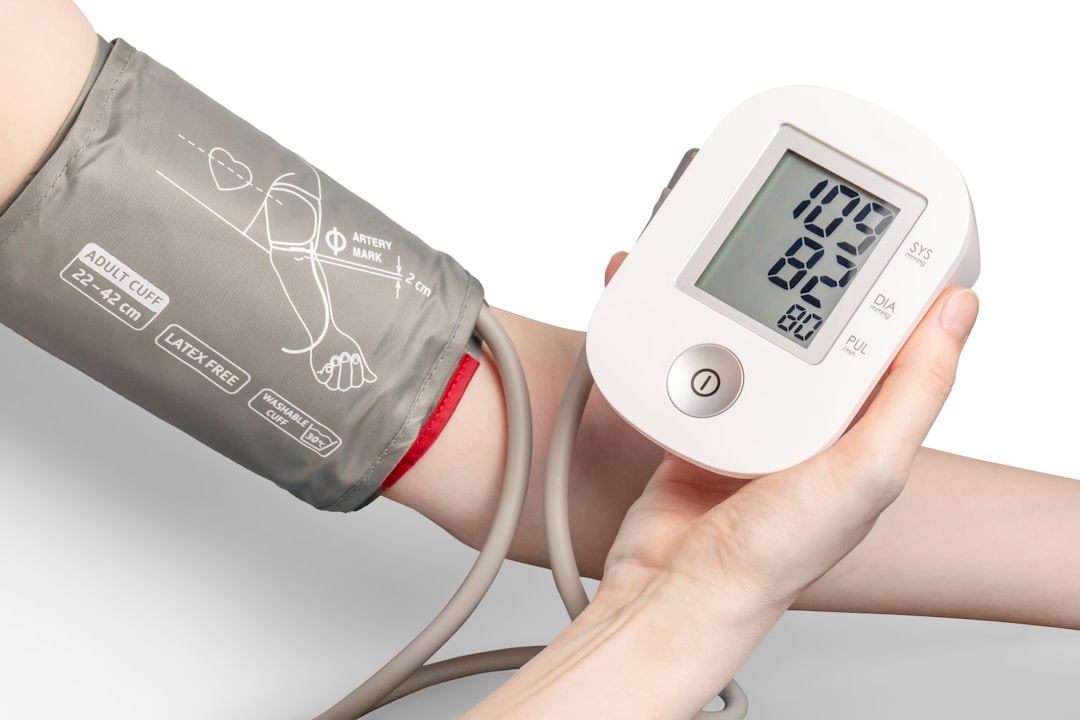The prospect of developing Alzheimer’s can be frightening, especially if you’ve seen a loved one suffer from it. While you may have been told that the only thing you can do is wait for medical advances, the good news is that the future is far more optimistic.
According to promising research, there are steps you can take to lower your risk of developing early signs of Alzheimer’s and other dementia symptoms, as well as slow the process of cognitive decline if you’ve already been diagnosed. Given that Alzheimer’s is a complex disease with multiple risk factors such as genetics and age that may be beyond your control, you can improve your chances of enduring brain health by identifying and managing your risk factors. Making the following lifestyle changes can also help you keep your cognitive health for a lengthy period.
Regular Exercise

According to the Alzheimer’s Association, regular physical activity can reduce your risk of developing Alzheimer’s disease. Furthermore, for those who’ve already started to experience cognitive problems, exercise can help slow further deterioration. Exercise also helps to slow the progression of Alzheimer’s and dementia by keeping the brain stimulated.
Knowing this, aim for at least 100 minutes of medium-intensity exercise per week if possible. Combining cardio and strength training is a great way to get started on your exercise regimen. You can also consider swimming or brisk walking as alternatives. Aside from that, resistance training can also help you maintain your brain health.
Healthy Diet

Refined sugars, such as flour, white rice, and pasta, can cause dangerous blood sugar spikes that cause plaques and brain inflammation. Knowing this, avoid these, as well as processed and packaged foods such as cereals, pastries, pasta sauce, and low-fat products. The best diets also include Omega-3 fatty acid-rich foods such as salmon, tuna, trout, mackerel, seaweed, and sardines which are beneficial to brain health. Supplements containing fish oil are also helpful.
Make sure you have plenty of fruits and vegetables on hand as well. More is better when it comes to fruits and vegetables, so look for a variety of colors to get the most antioxidants and vitamins from your fruits and vegetables, such as green leafy vegetables, berries, and citrus fruits. Lastly, by preparing meals at home you can ensure that you’re eating fresh, healthy meals that are high in nutrients and low in salt and unhealthy fats.
Vascular Health

Maintaining your cardiovascular health can reduce your risk of developing dementia, including Alzheimer’s disease and vascular dementia, according to mounting evidence. Addressing any underlying heart-health issues can also lower your risk of having a heart attack or stroke in the future. Furthermore, hypertension, or high blood pressure, is strongly linked to an increased risk of dementia. This is due to the fact that hypertension can severely damage the tiny blood vessels in the parts of the brain that are responsible for cognition and memory.
Lastly, make cholesterol management a priority to ensure that your vascular health is in good shape. If you are a heavy smoker, for instance, consider quitting. This is because smoking is one of the most avoidable risk factors for Alzheimer’s disease and dementia. In fact, one study discovered that smokers over the age of 60 have a higher risk of developing Alzheimer’s than nonsmokers. What’s more, when you stop smoking, your brain instantly benefits from increased circulation.
Getting enough sleep, staying mentally stimulated, and engaging in social activities can all contribute to keeping the mind active. Having a good relationship with your primary care physician can also help you prevent or manage health problems like hypertension and diabetes.
